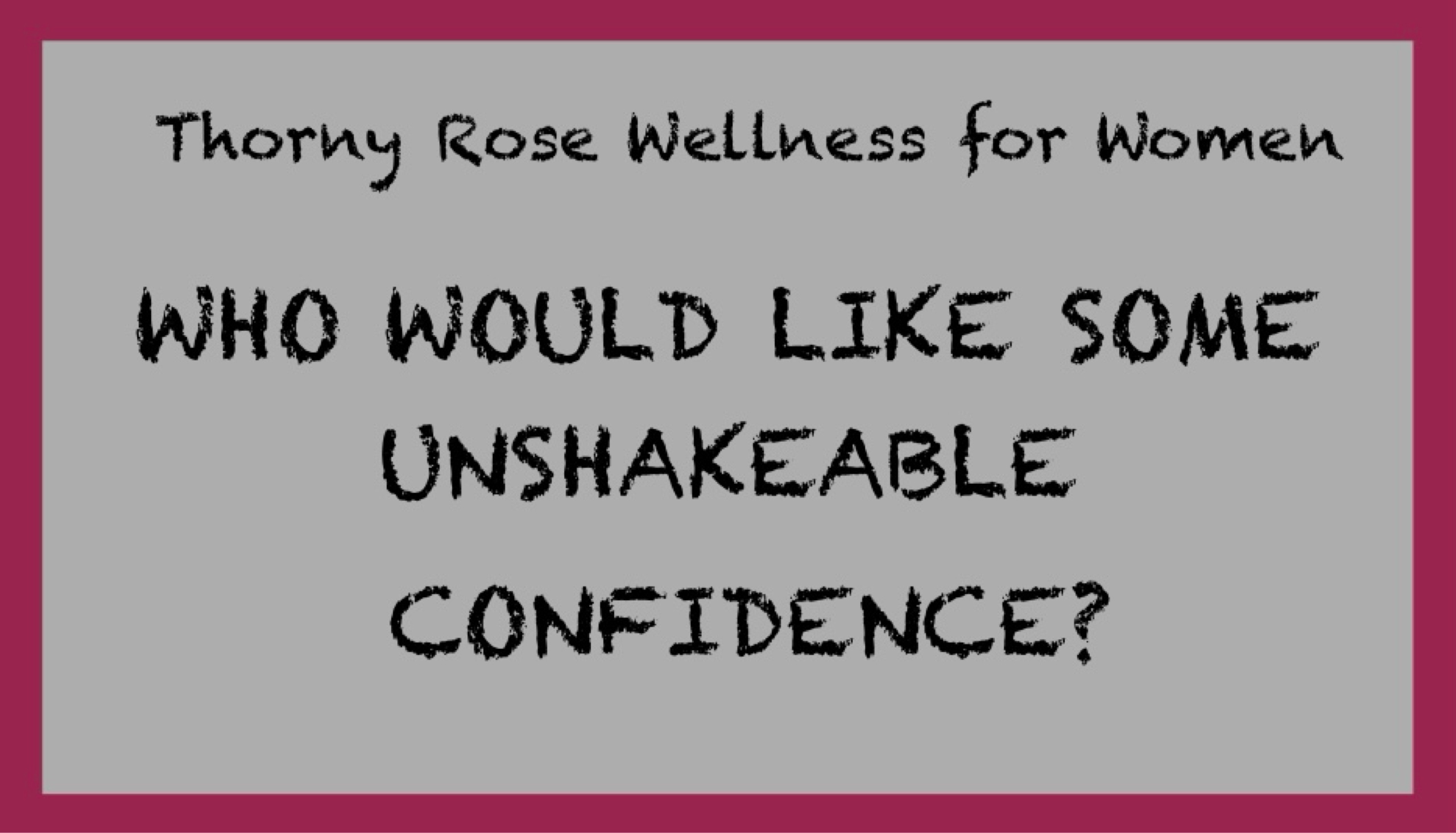Would you Like Some Unshakeable Confidence?

Want to feel better about yourself and to have more confidence?
One of the simplest (but not necessarily easy) ways to do this is to keep your word.
This came up on a personal development seminar I attended a number of years ago, and I still think about it quite often.
The facilitator pointed out that when we say we’ll do something - effectively make a promise - and then don’t follow through, we feel pretty bad about ourselves. We can come up with any number of justifications, we can resent the person we made the promise to, we can reassure ourselves that most people don’t keep their commitments these days, and so on, but none of that really makes us feel much better. As well as not feeling great about ourselves, we also receive a message that we can’t really be trusted, that in essence we lie to ourselves and others, and that we can’t always be relied on to follow through.
Conversely, when you make a promise, and stick to it, you’re demonstrating to yourself (and others) that you’re capable of achieving what you set out to do. It’s this self-trust that lays the foundation for unshakable confidence.
And of course, you start to feel pretty good about yourself because you have the satisfaction of sticking to something that was important enough for you to commit to in the first place.
There are some considerations in all of this, of course.
IF you are going to work hard to keep commitments, you’ll want to think carefully about making them in the first place! Of course it makes sense to make commitments and promises to ourselves around health, fitness and self-care. But in other areas, it is so easy to agree to doing something, especially if we like to please people. And then the time to do it rolls round and we don’t really feel like it. We tend to think we’ll have more time and energy and inclination in the future. I’ve heard it suggested that you shouldn’t agree to doing something in a month that you wouldn’t agree to doing tomorrow. That is to say, since we often think things will be easier in the future (but they usually aren’t), take your current levels of energy and enthusiasm and be guided by that.
Another thing that can help us keep out of the trap of agreeing to do things because we like pleasing people: people are indeed pleased when we agree to do something, but they are very much displeased when we let them down. Do it a few times and they’ll begin to wonder if they can rely on us. It would be better to say: “I don’t think I’ve got the capacity to do that, and I wouldn’t want to let you down” than to agree to something knowing that you don’t have time.
I was looking for some inspirational quotes around this, and I have to say they were all, without exception, highly judgmental, presumably from people who have felt let down by those who didn't keep their word! "People with good intentions make promises but people with good character keep them" for instance, or "there is no greater fraud than a promise not kept", or "people ask me why it is so hard to trust people. I ask them why it is so hard to keep a promise." All a bit harsh, if you ask me. We are all humans navigating complicated lives and of course plans will change and contingencies will have to be made sometimes. But this is a "the more you do it, the more you get" kind of deal. The more you carefully curate your commitments and follow through on them, the more confidence you will have. The less you are able to do so, the less you will trust in your ability to achieve what you set out to. If your life is set up in such a way that it is not humanly possible to keep all the commitments and promises you make - well, just my opinion of course, but setting yourself up to fail is more an act of self-sabotage than an act of self-care.
There’s also the unavoidable fact that there are only so many hours in the day, and days in the week, and weeks in the year, and we can’t do everything. And it isn’t necessarily about “managing” our time better, although of course there are some things we can do around that, it’s more about being realistic. Most of us would have to make some pretty radical changes to our lifestyles if we wanted to start training like an elite athlete, but very few people couldn’t fit in some sets of squats and wall press-ups, and perhaps a short walk once or twice a day. I would say the group of people for whom this is most challenging is mothers of young children, especially those practising attachment parenting. And of course OTHEH (On The Hour Every Hour) is probably not an option if you’re a surgeon undertaking a tricky operation, or a long-distance lorry driver, or - well, you get the picture. But where there’s a will, there’s a way.
Another point is around managing expectations, both yours and others’, by putting in your “unless” clauses. “I will come to the meeting/gig/talk/exercise session on Thursday evening, unless I am so tired that I really need to rest”. Then you and the others will know that you are prioritising your self care and it’s not just that you can’t be bothered.
Another good “unless” clause is “I will do whatever it takes to complete this marathon unless I break my leg.” You wouldn’t think you’d need to spell that out, but….take a look at this link or indeed this one.
When I decided to give daily cold water exposure a go for 90 days, my “unless” clause was “unless I am unwell.” So when I was really ill just before Christmas, I invoked it. I didn’t feel bad about that - quite the contrary. And it was also then very easy to pick it back up in the New Year. Well, maybe not very easy. It felt much harder to get back in the water. But I wasn’t carrying unnecessary guilt into the practice as well. It was all part of the brief.
Of course, this is all related to our work here. “I will fit movement and exercise into my day every day/x times a week, unless I am so ill I can’t get out of bed” would be a good example. What other “unless” clauses would you put in there?
The good thing about this is that it’s clear what you are meant to do. There is freedom in not having to decide “do I feel like exercising today?” It’s much simpler if the question is: “am I breathing and upright today? Yes? Then it’s a movement/exercise day”. The amount and type of activity/exercise might vary, but even the most restful of rest days would have a little mobility and stretching, just because it feels so good.
Putting this through Gretchen Rubin’s Four Tendencies Framework, it’s clear that obligers are likely to find it challenging to find time for self care and exercise, unless they arrange outer accountability, and they will often find they have run out of time for themselves because they are so busy keeping promises to others. Upholders will find it relatively easy to develop good exercise and self-care habits, but it is easy for them to take on too much. Questioners will find it quite easy to incorporate good habits if they are convinced of the reasoning and value behind them. Rebels? Well, good luck, rebels! Rebels resist both inner and outer expectations, so it is hard for them to commit to things. But rebels sometimes respond well to challenges, or being told that there’s no way they’ll stick to something.
So I invite you now, as we step into Month Two, to consider what keeping your word would mean to you. Keeping your word to prioritise yourself? Keeping your word to meaningful self-care? Keeping your word to embrace the magic of movement?
Giving up on your good health is not an option.
You are worth more than that.
Let's do it.
